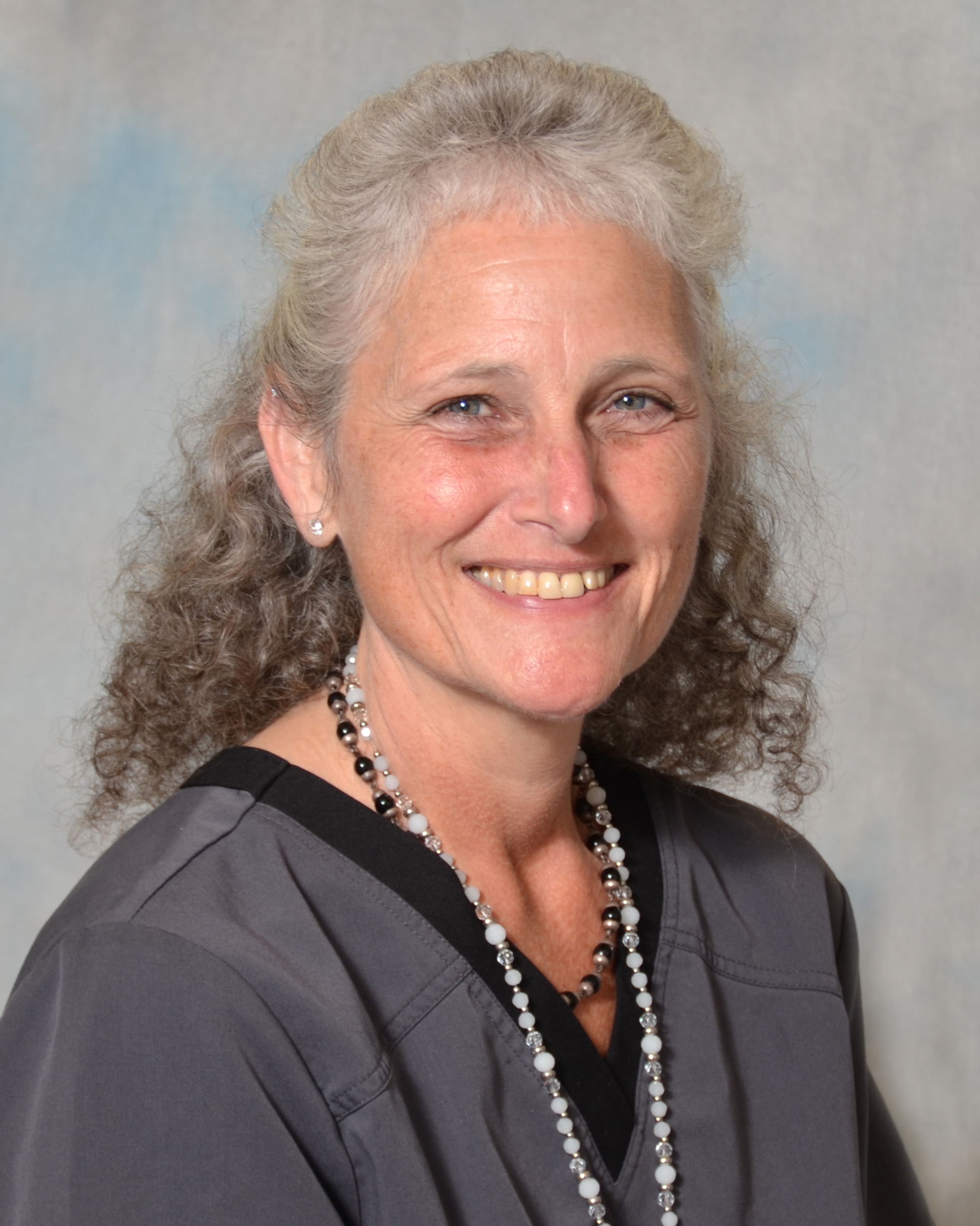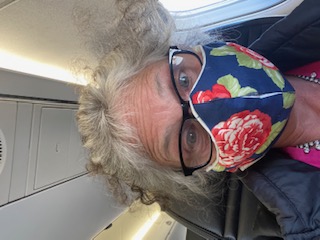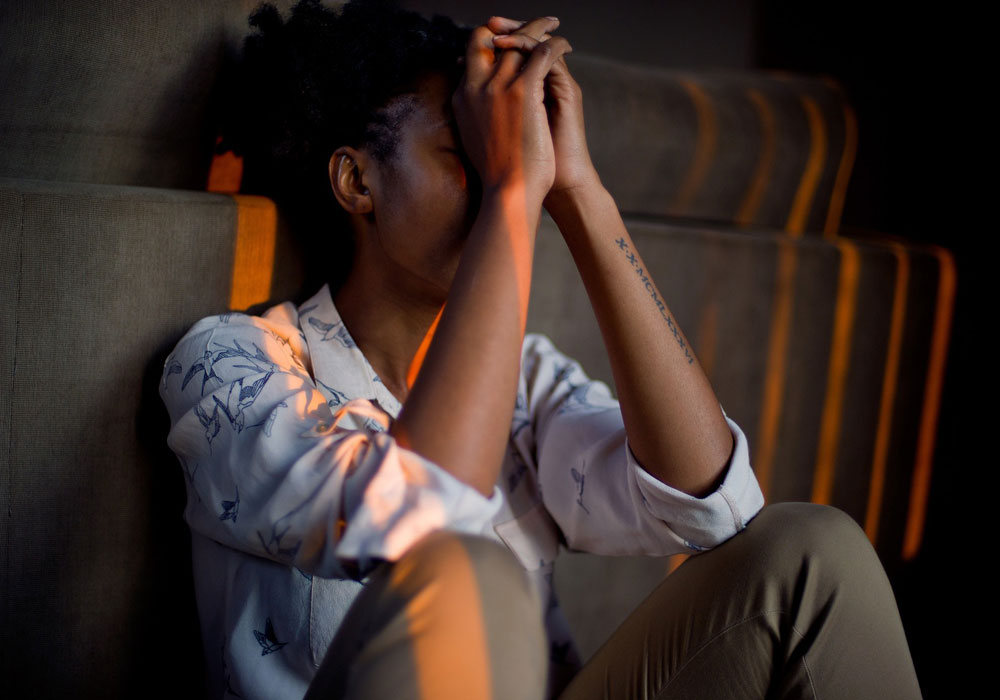By Mary Jo Sarver, MN, ARNP, AOCN®, CRNI, VA-BCLNC
Life can steer you down a road that changes your impressions and view of the world. Without conscious awareness, it distorts comprehension and challenges you to change or be a byproduct of the times. Fighting to go back in time can destroy your life, livelihood, and career.

Many of us face this paradox because of the social isolation and changes in health care that the COVID-19 coronavirus pandemic brought into our lives. Socially distancing and risking the health of ourselves and our families are now mind-boggling, daily realities based on a profession or calling. Many of us suffered loses.
For 30 years I have been an oncology nurse practicing in acute, ambulatory, long term, and home care. Seeing patients and providing education for other healthcare providers made me feel valued and whole. In the mornings I awoke invigorated and ready to go. My job brought joy, contentment, and nourishment to my soul. But I practice in Everett, WA, at the site that they call ground zero.
My Whole World Turned on a Dime
Within hours of patient one with the COVID-19 virus entering the hospital where I work, the whole world turned on a dime. A team from the Centers for Disease Control and Prevention came to contain and treat the virus, protect healthcare providers, and strategically plan how to protect the community and citizens of Washington State. Confusion reigned as to what was needed to protect everyone and contain the spread.
Within weeks, clinics and hospitals went from bustling human traffic centers to nearly abandoned infrastructures. They were also visually transformed with shut-down and taped-off entrances, COVID screening centers, plexiglass barriers, and roped-off shops, sitting areas, chapels, and quiet rooms. Signs everywhere announced closures of all events and activities. Ambulatory and surgical units and other nonessential services were closed.
Emails were sent hourly communicating resources, policies, and closures. Providers were surveyed on skill and availability to sustain the bedside workforce. Staff had the option of training into high-need areas or assisting with containment and education. Providers were told to abandon nonessential human contact. Providing physical touch as a therapeutic human act of empathy became repulsive and dangerous. We used video conferencing and telephone to treat nonemergent patients.
Psychological and Physical Fatigue and Fear
Rapid introduction of new interventions and rules brought out new behaviors and expectations. Masks became an essential wardrobe item, hiding our facial expressions. Wearing them for hours subjected staff to physical pain and breathing difficulties. Policies mandated who can and cannot enter and be with patients at the most vulnerable times in their lives. Isolation prevailed.

Every day was a psychological, emotional struggle filled with physical fatigue and fear. It was like being a walking Petri dish of toxic waste that could take out whole communities with the gust of a gentle wind. My heart and soul ached with empathy for our scared and lonely patients, who were hospitalized or who responded with tears or anger to delays in care for nonessential services. Staff were anxious, confused, and frustrated and lacked faith in leadership.
Being a leader and role model caused pressure and enormous stress. We had no concrete answers, and getting protective gear was difficult and exhausting. I was taxing my reserve and all of my coping mechanisms for stress were gone: no gym, horses, dog lessons, nail or hair care, or time with the boyfriend or grandkids. To reach out to others for support and understanding felt like a display of weakness. I allocated enormous energy to protecting those I loved or cared for at work and home by not creating fear and social distancing. Ultimately, the thoughts and behavior I used to protect others also lead to breakdowns in communication, getting physically sick, saying hurtful things, and driving others away.
I Realized I Didn’t Recognize Myself
Every day was a constant battle in my soul. Despair, loss of confidence, lack of sleep, and a bad attitude took hold, and I placed my faith and hope on the back burner. I felt myself circling the drain and was appalled after reading an e-mail sent to a dear friend. “Who was the women that wrote this?” I wondered. I did not recognize myself, and every day I started dreading going into work.
Then, I Learned to Forgive Myself
Immediately I called the counselor I’ve seen for self-care for 30 years, realizing I was traumatized. With her help and permission, I wept and allowed myself to feel weak and vulnerable. I learned to forgive myself for not being able to fix things being off balance and for craving human contact and support.
But for me, one-on-one counseling was not enough. With an epidemic and long-term changes in healthcare delivery, I needed more. I felt like a phoenix that needed to rise from the ashes of what was and would never be again in education and patient care. I needed to revamp my career goals as well as accept and redesign how to participate in community service, network with peers, and find social opportunities to meet others.
With help, I composed a list of what I held most dear and needed. I actively sought support groups despite my fear of full disclosure and losing my job. I started walking the units and listening to the impact on staff. I sat with patients and listened to what it was like to be on the opposite side.
In the end, finding my way back to feeling invigorated and motivated to go to work took the following actions:
- Finding new ways to combat stress in an emotionally and physically draining vocation and career
- Spiritually finding peace within
- Traveling
- Rounding, talking about thoughts and feelings, and grieving
- Pioneering changes in healthcare delivery
- Revamping my career goals
Put Your Own Mask on First
Do not be afraid to ask for help if you are on the front line and struggling. Our jobs are emotionally and physically exhausting. How we traditionally treat patients has transitioned from involving whole families that are physically present to isolation of the sick and masking. Therapeutic touch and physical contact outside of a clinical exam is now culturally obsolete, and experts predict no change for some time.
Experiencing grief, loss, and the anxiety of change are not signs of weakness. As healthcare providers, we are risking our health and it’s scary business. A good friend told me that self-care is like being on an airplane that is in trouble. You put the oxygen mask on first to stay alive so you can help the others on board.
Do not be afraid to put your mask on first and take a deep breath. You’re worth it.






